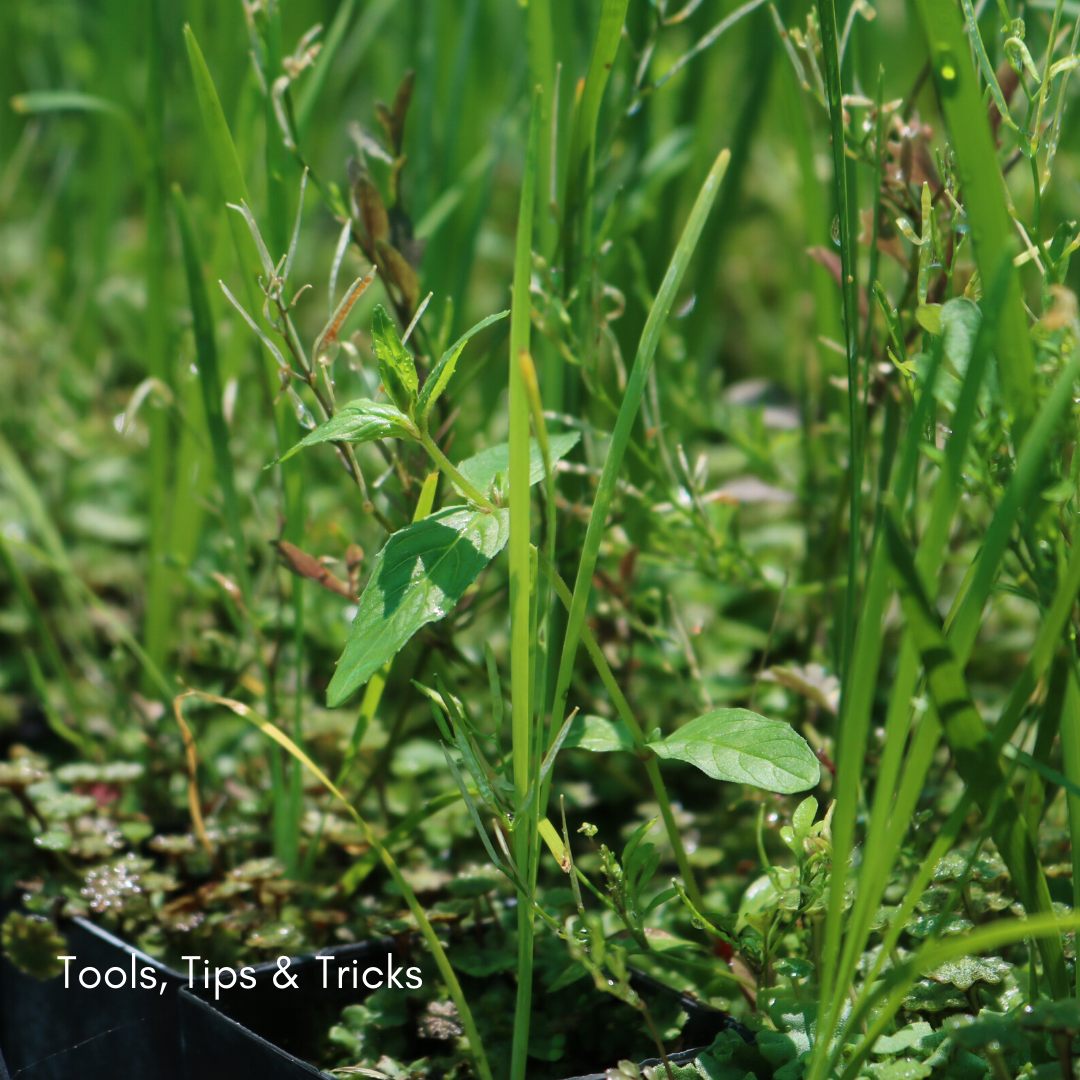One of my first jobs was at a nursery, the nursery specialised in citrus and roses and was spread over
a couple of hectares. My job, for the most part, was weeding. For a whole $2.25 an hour (award
rates) I was to start at one end of the nursery and pull the weeds out of the bagged up plants, pulling
out the Flickweed, Oxalis, Willow Herb and any others that popped up.
It would take me over a month of Saturdays to work from one end to the other, and when I’d gotten
to the end I’d go back to the start and do it all over again.
And every nursery I’ve worked in it’s been the same thing, Flickweed, Oxalis, Willow Herb along with
Liverwort, Slime Mould, Moss, various escaped grasses and a myriad of others. Sometimes I’d get
ahead and have them down to minimal levels and then we’d get a load of plants in from another
nursery and it would start all over again or people would be reusing potting mix from where a
seedling had died.
Nursery weeds usually aren’t an issue when the plants go out in the ground but they do love the
conditions in nurseries and compete for water and nutrients and can overwhelm the seedlings you
want to grow.
The way to avoid this is good simple nursery hygiene, a quarantine area for any plants which come in
from other suppliers with either a hard barrier a few metres distance between them and your
“clean” plants, don’t reuse potting mix (it’s quite fine for top dressing gardens or growing vegies),
wash your pots and tools (mild bleach solution is recommended but clean water and allow them to
dry and they should be fine) and constantly monitor your plants for signs of weeds and pull them out
(it’s a good idea to become familiar with what the weeds look like as seedlings).
(and the trick to minimise infestation of flickweed is to place your palm over the top of the seed
capsules then grip the stem with your fingers and pull out, that way if the seeds do shoot out their
spread will be contained to that and maybe a couple of neighbouring pots)
By Paul Melehan

